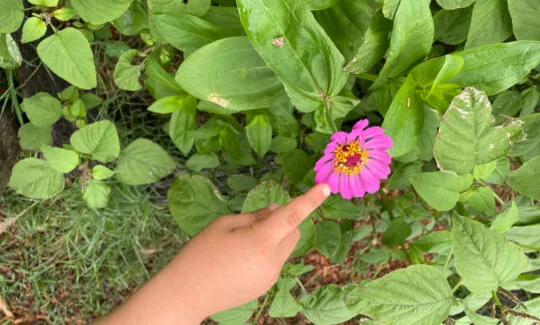Play Based Learning
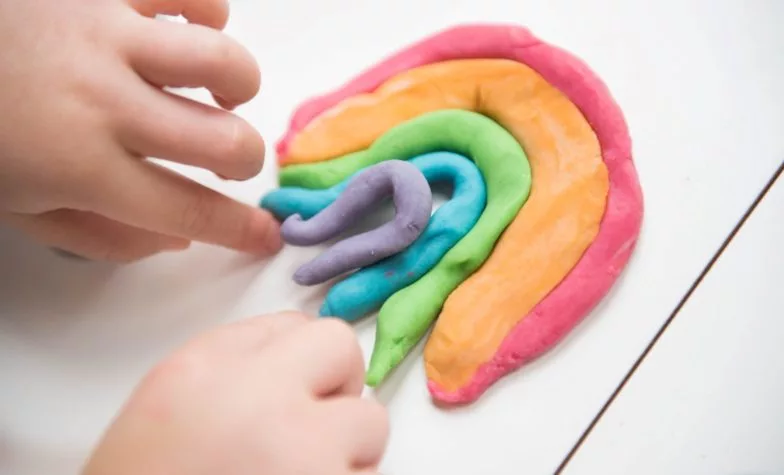
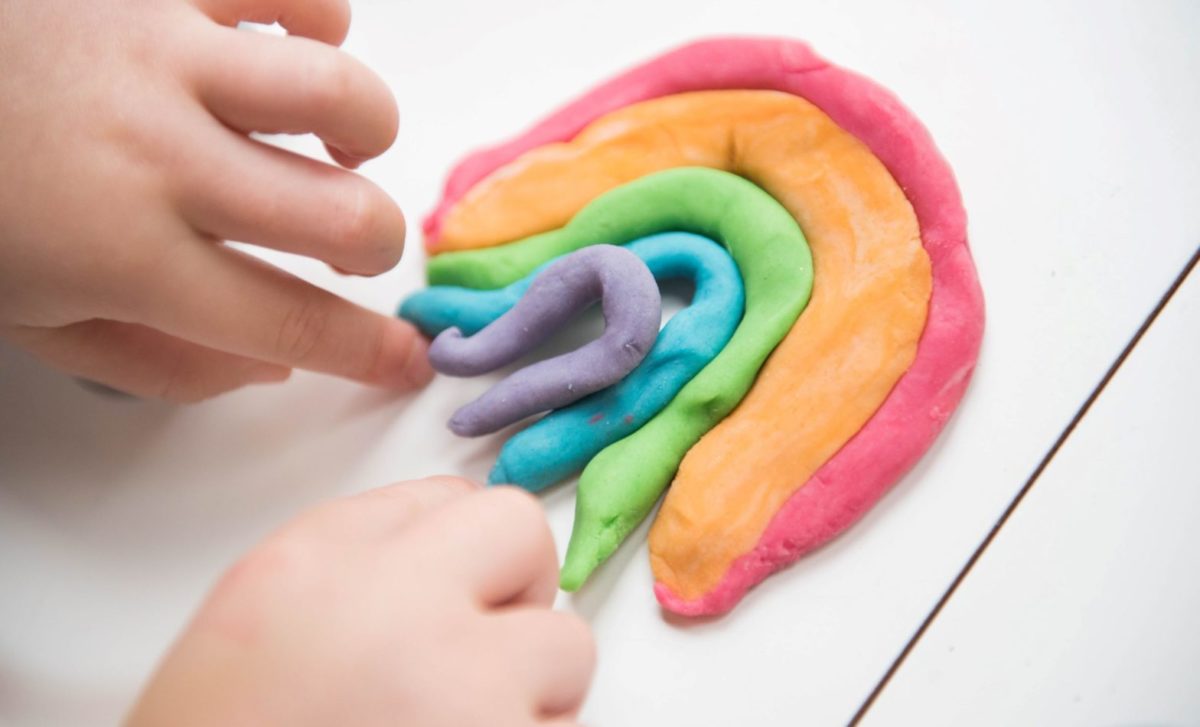
Playing is more than just enjoyable for toddlers, it’s how they learn and make meaning of the world around them. Through play, children learn and develop vital life skills such as physical, emotional, cognitive, social and creative skills that will help form the foundations for learning and growth at a young age.
What is Play Based Learning?
Play-based learning leverages children’s innate drive to play as a framework for learning. While engaged in play, children naturally investigate and acquire knowledge by employing their imagination to delve into, test, uncover, work together, adapt, and generate. The type of play children engage in and its purposes change over the course of childhood from infancy to adolescence.
The Importance of Play Based Learning
Play-based learning is crucial for children as it promotes holistic development. It enhances cognitive skills, fosters social interactions, nurtures emotional wellbeing, supports physical growth, and boosts language acquisition. Moreover, it sparks creativity, instills confidence, cultivates a love for learning, and encourages cultural awareness. This approach harnesses children’s innate curiosity and joy in exploration, laying the groundwork for comprehensive growth and future success.
What are the Benefits of Play?
For a toddler, playing is the most natural thing in the world. However, there is a lot more to it than just ‘play’. Research has shown that play is imperative to a toddler’s brain development and in fact play with a parent or carer involved helps them to develop their social skills as well an understanding that play is a collaborative and social process.
Play gives an amazing opportunity for parents and carers to build close bonds with their toddler. There are some simple ways that you can engage with your toddler in play.
Play-based learning activities:
- Singing nursey rhymes with the corresponding hand actions
- Blowing bubbles
- Building familiar objects out of playdough
- Using instruments such as hand drums, bells and maracas
Toddlers learn through experiences being tailored to their curiosity and age as well as constant repetition.
Remember, your toddler will often send you signs of encouragement when they are wanting to play like smiles and laughter, chatter and discussion and a keen observing interest in an object or their surroundings.
Play gives parents and caregivers a wonderful opportunity to continue to build close relationships and helps toddlers to see that they are collaborators and contributors to the play and the world around them.
For more information on play based learning at Only About Children, see our Grow Curriculum
For more great reading see:
Exploring the Benefits of Sensory Play for Children
Child Developmental Milestones: A Checklist for Babies & Toddlers
Only About Children can help your child to grow, make friends and explore the world.
Only About Children can help your child to grow, make friends and explore the world.
Related Reads
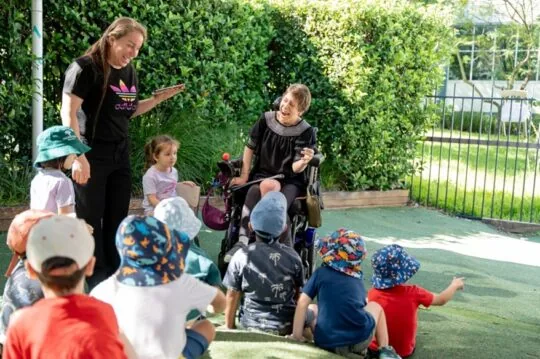
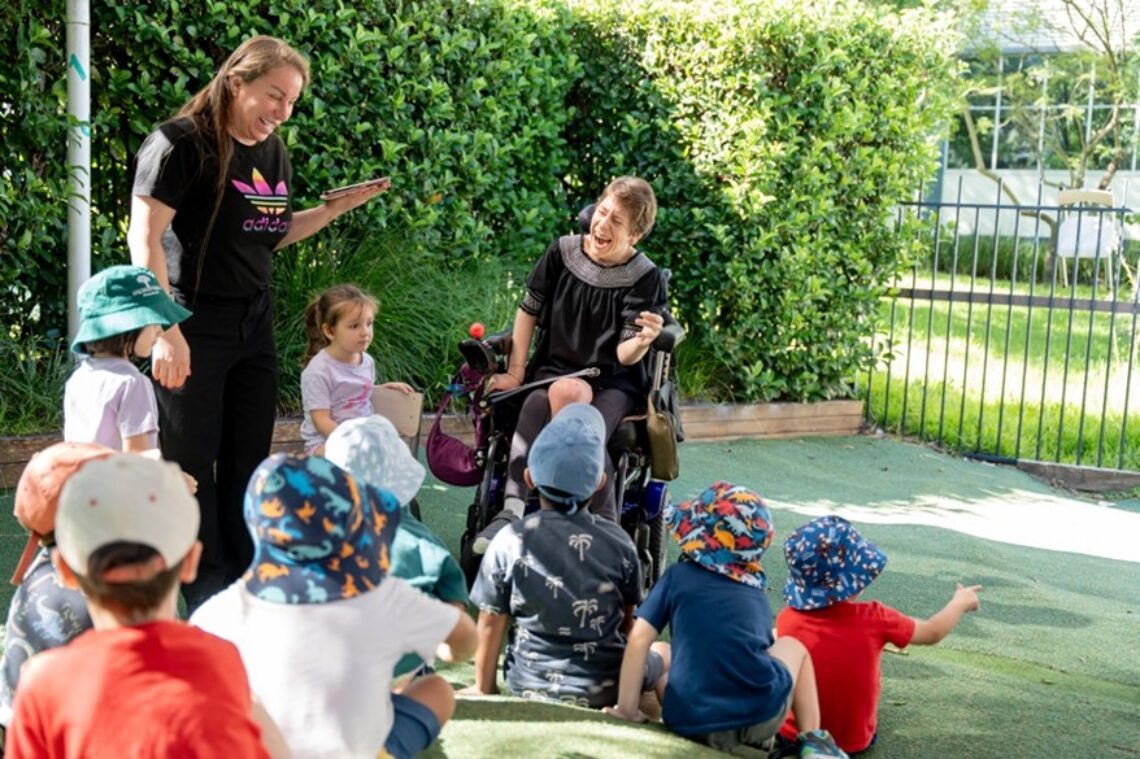
Bec Celebrates 10 Years Working In Her Dream Job At OAC Concord
Rebecca Donatiello (Bec) celebrates 10 years working and learning at Only About Children Concord.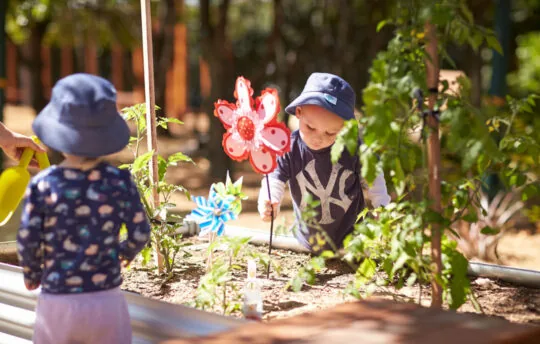

Choosing The Right Preschool/Kindergarten For Your Child
Choosing the right Preschool/Kindergarten for you child can be a daunting task. When exploring the ideal preschool choices for your child, there is no need to navigate blindly. Simply by asking the right questions, you can find the perfect match.